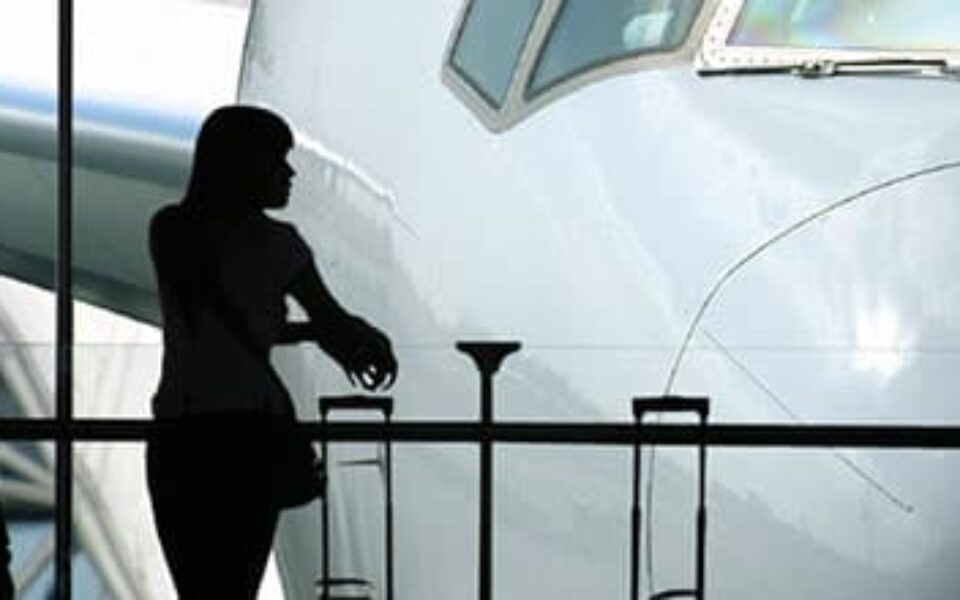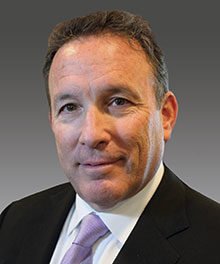The Unfriendly Skies

The airline industry has been taking quite a beating in the court of public opinion this month. Not that it’s undeserved, but jeez, I’d hate to be Oscar Munoz, United’s CEO, right about now.
When the crew of United flight 3411 summoned Chicago security officers to forcibly eject Dr. David Dao from his paid-in-full but overbooked seat on April 9, they obviously did not foresee the fall-out that would rain down on the company. Or the repercussions for the industry, as appalled passengers whipped out their cell phones to record the event for social media posterity. Hating on the unfriendly skies has become a new national pastime, at least for now.
And that wasn’t even the first bad publicity event to hit United recently. On March 26, the airline was called on the carpet for refusing admittance to two 10-year-old girls wearing leggings. The kids were the children of a United employee flying on a free pass, and the family was subject to the airline’s employee dress code. But still – we’re talking about two little girls. United could have averted the trauma and ill will (and bad press) by simply offering the kids a couple of pairs of jeans from an airport shop. Or any number of other solutions.
And United’s not alone. American Airlines had its own mishap when a flight attendant forcibly removed a baby stroller from a passenger with an infant in her arms, hitting the woman with the stroller in the process, which only exacerbated the industry’s current problem. Especially when a male passenger was inspired to come to the woman’s rescue, prepared to defend her against the (male) flight attendant with his fists. Fortunately – and I say this for CEOs everywhere – it didn’t come to that. (Do we notice a common theme here? See “forcibly”).
As if all this wasn’t enough, United was in the hot seat again this week for the death of a rare giant rabbit that had been cleared by a veterinarian to fly from London to Chicago just three hours before that flight took off. Under other circumstances, this sad occurrence likely would not have attracted international attention. But right now the media and the public are hypersensitive to all things United, especially anything that might implicate the airline in more potential wrong-doing.
As regular readers of this column know, frequent travel is part of my job description. I spend several days in the air every month, whether to visit one of our offices, meet with a client, or scope out a new potential market for Marcum. We all know how frustrating the experience can be, with shrinking seats and legroom, disappearing in-flight service, and additional fees for almost everything they can think of.
I take as many steps as I can to minimize that potential frustration when I fly, including participating in the TSA Pre-Check program, which speeds me through the security lines (see my column from June 5, 2015). But frustration is practically part of the price of your ticket. Flying has become a commodity, not a luxury, and there are times that things just aren’t going to go your way. The person tasked with addressing your frustration is most probably not personally responsible for whatever ails you, but is responsible for resolving the situation as sensitively and safely as possible.
And that is the big lesson in all of this, especially for those of us in the services industry. Victimizing a customer can never work in a company’s favor, no matter who is right or wrong on the details. Hindsight is always 20-20. But United could probably have avoided the crisis with Dr. Dao by increasing the incentive for passengers to voluntarily forfeit their seats, or by finding another way to transport the four employees who needed to get to St. Louis, so that no passenger would get bumped. Or better yet, by not overbooking their flights in the first place.
Mr. Munoz realized all of this too late. Yesterday, the airline announced 10 policy changes aimed at preventing a repeat of this kind of incident. Henceforth, it will remunerate passengers who voluntarily relinquish their seats by as much as $10,000. In addition, no passenger will be forced to give up a seat except in the case of safety or emergency, and the practice of overbooking will be curtailed. United also reached a settlement with Dr. Dao, and the doctor’s attorneys even said nice things about Mr. Munoz in their press statement.
Better late than never. But better handled well in the first place.
At Marcum, our philosophy about client service is rooted in the phenomenon of “extreme ownership.” We recognize that sometimes clients are going to be unsatisfied about something, and even when the situation is not of our doing (we’re in the tax business, after all), we take responsibility for doing everything in our power to find the best possible solution. Under no circumstances do we throw a client under the bus, or off the plane. Long-term client relationships are the reason we get up in the morning, and we’re not going to do anything to jeopardize that. Hopefully, our clients know how much we value them – a great deal more than a bag of peanuts and a free soft drink.
